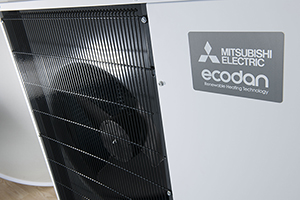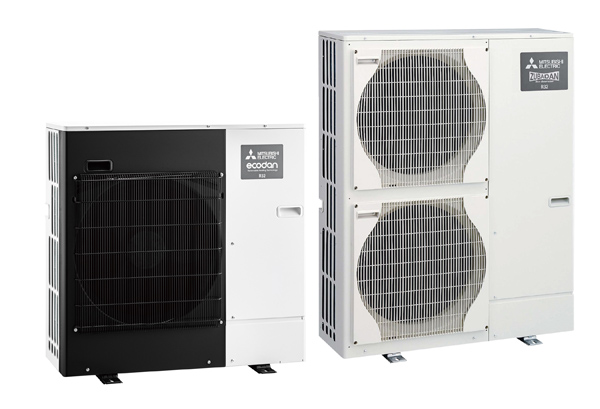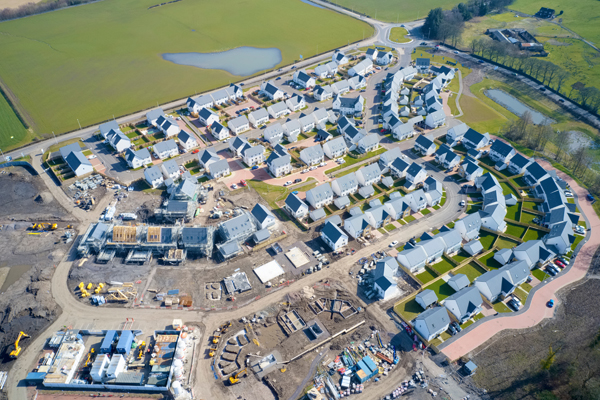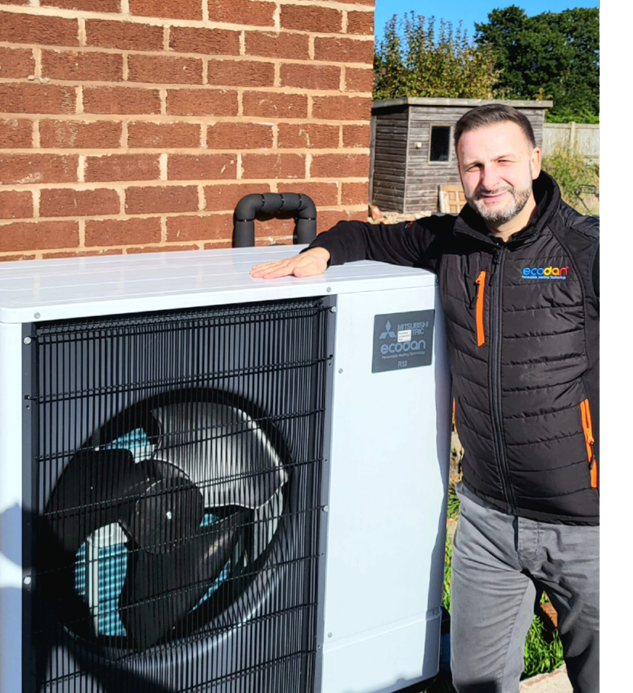Do people know enough about heat pumps?

Mitsubishi Electric has recently conducted some research with IPSOS that suggests 7 in 10 people know little or nothing about heat pumps.
On the one hand I find this really surprising because heat pumps have been in the press and across many forms of media in a MASSIVE way over the last
2 years.
The government have been pushing air source heat pumps and so has the industry. They are now regarded as one of the ecological and sustainable replacements for fossil-fuel burning heating systems.
But, on the other hand, with people being bombarded with so much information from many different directions about so many ‘alternative solutions’ to virtually everything, it is hardly surprising that they aren’t up to speed with air source heat pumps.
- Read more about Do people know enough about heat pumps?
- Log in to post comments




















